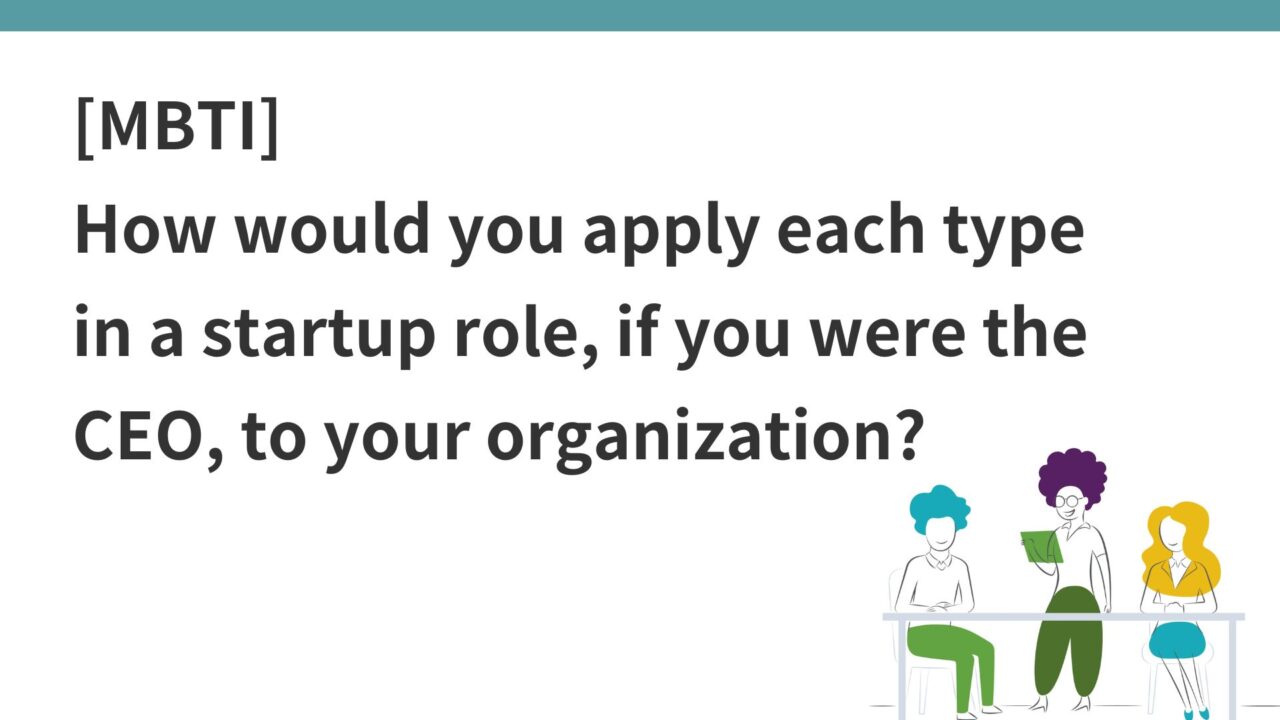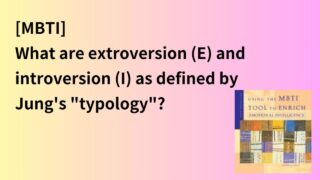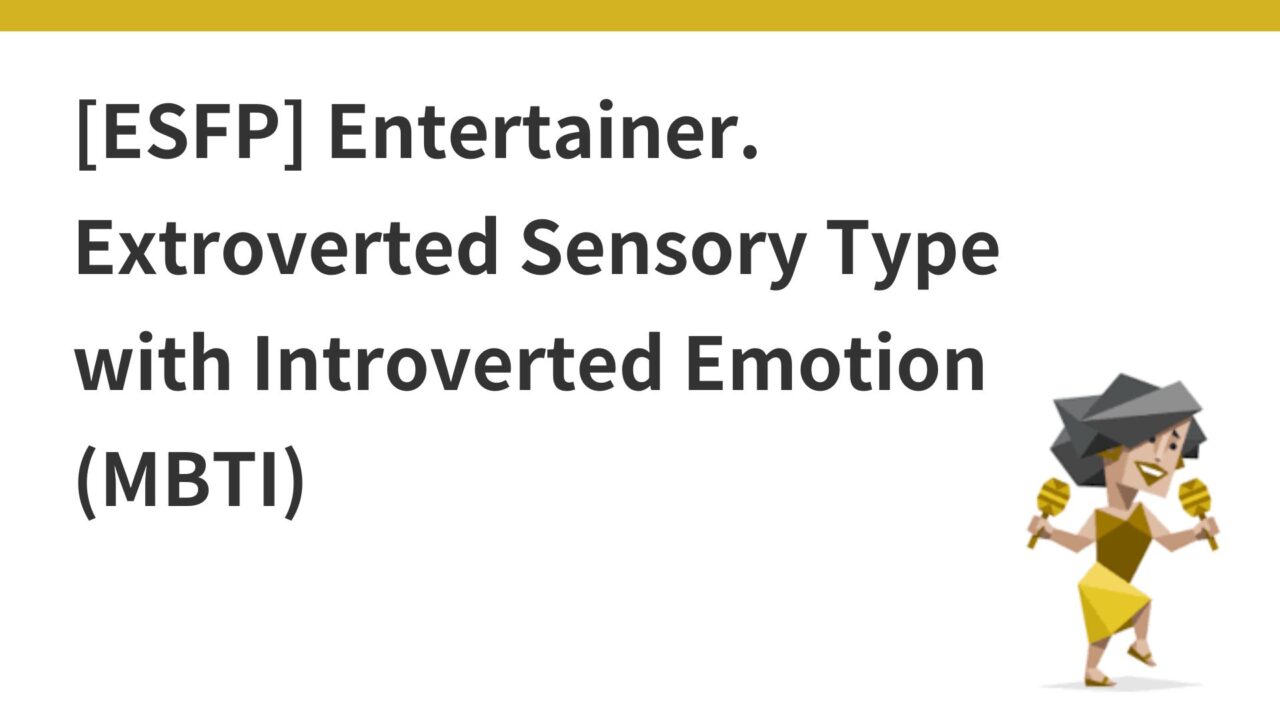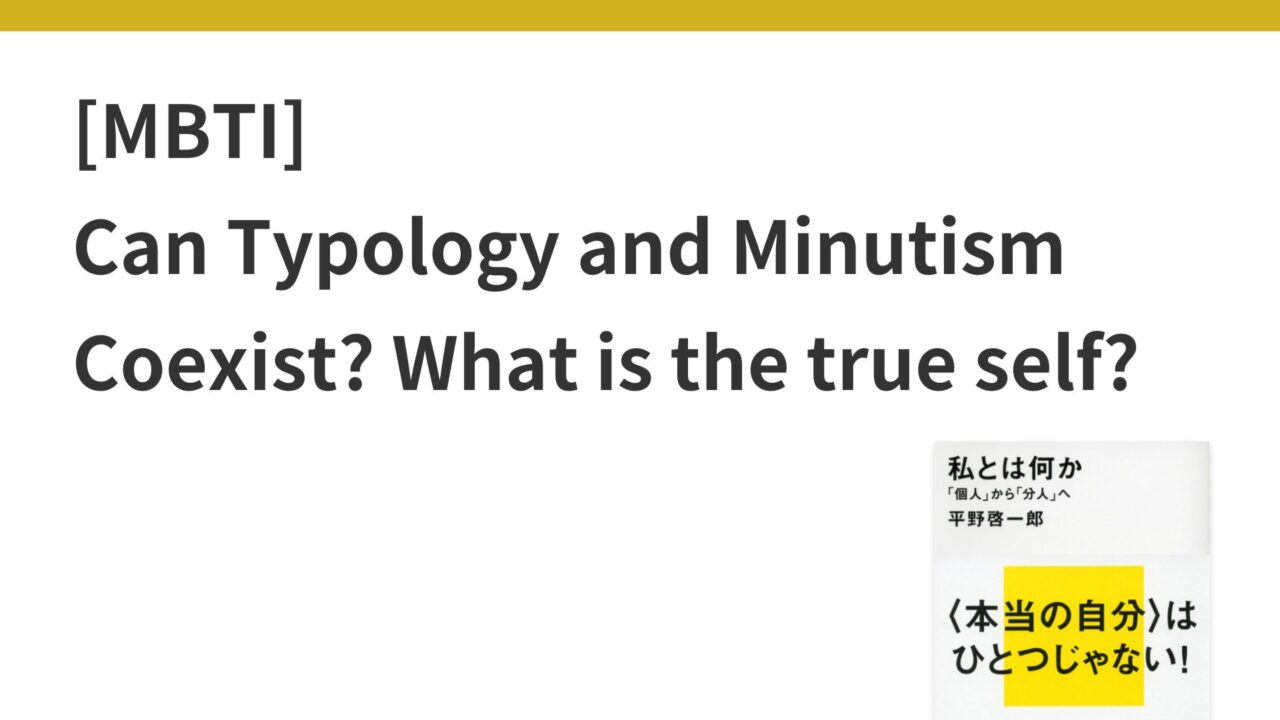Introduction.
Although it may be a trivial discussion and delusion, I will list, at my own discretion and prejudice, the type of business and organizational structure that would be likely to be built if each MBTI type were applied in a startup role and each type were to become a CEO.
MBTI Type and Key Role of Startups
Management and Organization Management: ENTJ / ESTJ / ENFJ
ENTJ (Commander) – CEO
- Strategic and charismatic leader. He sees the whole picture and guides the company with determination and leadership.
- Te primary function uses extroverted thinking, makes decisions logically and efficiently, and provides leadership throughout the organization; Ni auxiliary function has a long-term vision and sets strategies for the future; and Te secondary function is a strong leader who is able to take the lead in the organization and is able to make decisions and lead the organization. Once ENTJ as CEO because he is considered by many to be the strongest personality type in the business.
ESTJ (Executor) – COO
- Pragmatic and organized leader. Oversees the entire operation and maximizes organizational efficiency.
- The Te primary function uses extroverted thinking to manage operations realistically and efficiently; the Si auxiliary function optimizes the organization’s operations based on past experience and performance.
ENFJ (Leader) – Team Leader
- A charismatic, leader who leads others. Raises the morale of the entire team and leads them to achieve their goals.
- Use extroverted emotions in Fe primary function to lead others and boost team morale; have a vision for the future and develop strategies to achieve goals in Ni auxiliary function; use extroverted emotions in Fe primary function to lead others and build team morale; use extroverted emotions in Fe auxiliary function to develop a vision for the future and develop strategies to achieve goals.
Business Development / New Business: ESTP / ENTP
The ESTJ will look at existing business and the ESTP/ENTP will be in charge of new business. However, they tend to get bored easily, so once the 0 to 1 is done, other personality types need to take over during the growth phase.
ESTP (Entrepreneur) – Business Development Manager
- Practical and energetic. He likes to make quick decisions and explore new business opportunities.
- Use extroverted senses in the Se primary function to identify realistic business opportunities; use introverted thinking in the Ti auxiliary function to act quickly and efficiently and develop new business
ENTP (Inventor) – Innovation Leader
- Creative and flexible thinker. Generates new ideas and drives innovative projects.
- Ne primary function uses extroverted intuition to explore new ideas and possibilities; Ti auxiliary function uses introverted thinking to drive innovative projects in a flexible and logical manner
Product Team: INTJ / INFP / INTP / ISTP / ISFP
INTJ (Strategist) – CTO
- Develops detailed and strategic plans. Formulate technology strategies and lead technology development.
- The Ni primary function formulates strategies based on a long-term vision, and the Te auxiliary functions promote these strategies in an organized and efficient manner. It has a strong general staff role.
INFP (Idealist) – Product Manager
- Idealist, deeply emotional, develops products that meet user needs.
- Use introverted emotions in the Fi primary function to act on deep values; use extroverted intuition in the Ne auxiliary function to capture user needs.
INTP (Logician) – Lead Engineer
- Analytical and theoretical thinker. Solves technical problems and provides innovative solutions.
- Use introverted thinking to solve problems logically and analytically with Ti primary functions; use extroverted intuition to explore new ideas and innovative solutions with Ne auxiliary functions.
ISTP (Artisan/Technician) – DevOps Engineer
- Practical and flexible problem solver. Responsible for the operation and management of systems to ensure efficient operation.
- Use introverted thinking in the Ti primary function to solve system problems logically and efficiently; use extroverted senses in the Se auxiliary function to respond quickly to specific real-world problems and achieve efficient operations.
ISFP (Artist) – UX/UI Designer
- Artistic, flexible thinking and emotionally fulfilling user experiences.
- Use introverted emotions in Fi primary functions to design based on deep values and sensibilities; use extroverted senses in Se auxiliary functions to pay attention to real-world user interactions and provide emotionally fulfilling user experiences.
Human Resources and Accounting: ISTJ / INFJ / ISFJ
ISTJ (Administrator) – CFO
- Honest, responsible and detail oriented. Responsible for financial management and budget planning.
- The Si primary function provides stable management based on past experience and data, while the Te auxiliary function provides logical and efficient financial management.
INFJ (Advocate) – Human Resources Manager
- Insightful and passionate about helping others. Supports the growth and welfare of employees.
- Ni primary function to have insight and look to future growth and development; Fe auxiliary function to use extroverted emotions to help others and support employee growth and welfare
ISFJ (Guardian) – Office Manager
- She is compassionate towards others and likes to be supportive. Responsible for maintaining and supporting the office environment.
- Type I concentrates on office work, Type S provides specific support, and FJ provides caring and organizational support.
Marketing: ENFP / ESFP / ESFJ
In marketing, the image is that new proposals are made by the P-type ENFP, and then collected by the J-type ESFJ as a practical matter. ESFP is strong in event-related activities such as in-house events and community management.
ENFP (Encourager) – Marketing Manager
- Bright, energetic, and creative marketing campaign planning.
- Uses extroverted intuition in the Ne primary function to generate creative ideas and explore possibilities; passionately sees the potential in others based on introverted emotions in the Fi auxiliary function; and uses the Ne primary function to generate creative ideas and explore possibilities.
ESFP (Entertainer) – Internal Communicator
- Optimistic and energetic person. He keeps employee morale up and organizes company events.
- Se primary function uses extroverted senses to enjoy real moments and facilitate concrete activities; Fi auxiliary function uses introverted emotions to deepen relationships with others and create an enjoyable internal environment.
ESFJ (Caretaker) – Customer Support Manager
- He is sociable and likes to help others. Enhances the company’s reputation through customer service.
- Se primary function uses extroverted emotions to actively engage with customers and build rapport; Si auxiliary functions build on past experience to provide support for specific needs
In this way, it is interesting to see a clear division between E and I. Management, Marketing, and Business Development became Type E, while Product, Human Resources, and Accounting became Type I.
It may be natural to say that there is a distinction in characteristics between those who have interpersonal duties and those who do not. The product manager is the only one who can be involved with customers in terms of interviews, so an INFP, which falls between I and E, could be included.
MBTI Type and CEO Organizational Characteristics and Business
Organizational characteristics of each MBTI type as a CEO and the business they are likely to conduct are also described in an informal manner.
ENTJ (Commander)
- Organizational characteristics: clear goals and plans, strong decision-making power, efficient operations. Highly competitive and growth-oriented.
- Description: Large technology and consulting firm targeting global markets. Active in new market development and M&A.
- Company Name: Amazon
INTJ (Strategist)
- Organizational characteristics: innovative technology implementation, meticulous planning, data-driven decision-making. Highly specialized, technologically oriented organization.
- Businesses: high-tech companies developing advanced technologies, AI laboratories, and startups using advanced technologies. Focus on innovation and long-term perspective.
- Company Name: Tesla
ISTJ (Administrator)
- Organizational Characteristics: Emphasis on discipline and order, efficient business processes. Reliability and stability.
- Businesses include accounting firms, legal consulting, and manufacturing. With a stable revenue model and long-term growth strategy.
- Company name: PwC (Price Waterhouse Coopers)
ESTJ (Executor)
- Organizational Characteristics: Efficient operational management, quick decision-making, clear division of roles. Execution-oriented and focused on achieving realistic goals.
- Businesses: Large retail chains, logistics companies, and construction firms. Industries that require operational efficiency and rapid market response.
- Company Name: Walmart
ENFP (Encourager)
- Organizational Characteristics: Creative and flexible organizational culture; employee growth and self-expression encouraged. Emphasis on innovation and diversity.
- Business: advertising agency, creative agency, social media startup. An industry that values free thinking and diversity.
- Company Name: Airbnb
ENTP (Inventor)
- Organizational characteristics: environment of innovative ideas, many challenging projects. Highly adaptable and resistant to change.
- Business: technology startup, innovation lab, new product development company. A business that pursues new ideas and innovation.
- Company Name: Google
INFJ (Advocate)
- Organizational Characteristics: Focus on social responsibility and ethics, supporting employee welfare and growth. Values-based leadership.
- Businesses: non-profit organizations, social entrepreneurs, educational institutions. Businesses that contribute to society and improve people’s lives.
- Company Name: Patagonia
INFP (Idealist)
- Organizational Characteristics: Values and vision are central to the organization; individual employee self-expression and creativity are encouraged. Empathy and understanding are emphasized.
- Businesses: art and design-related startups, charitable organizations, and wellness companies. An industry that respects individual creativity and values.
- Company Name: Kickstarter
ENFJ (Leader)
- Organizational Characteristics: Emphasis on employee morale and cooperation throughout the team. Empathy and communication are active, and there is a strong sense of organizational unity.
- Business: educational services, training consulting, community organization. Business focused on people growth and communication.
- Company Name: Teach for America
INTP (Logician)
- Organizational Characteristics: Logic and data-driven decision-making, technological innovation and problem-solving are encouraged—creative and knowledge-oriented culture.
- Business: research organization, technical consulting, software development. Industry focused on data analysis and theoretical approaches.
- Company Name: IBM Research
ISFP (Artist)
- Organizational Characteristics: Sensitivity and creativity are valued and the individuality of employees is respected. Flexible working style and relaxed atmosphere.
- Business: art studio, creative agency, fashion design. A business focused on sensibility and aesthetic value.
- Company name: Etsy (platform for individual creators to sell their unique creations)
ISFJ (Guardian)
- Organizational Characteristics: Emphasis on employee welfare and stability. Cooperative and harmonious work environment.
- Business: Medical services, nursing homes, and educational companies. Business focused on people’s welfare and stability.
- Company Name: Mayo Clinic
ESTP (Entrepreneur)
- Organizational Characteristics: Action-oriented culture, quick decision making and problem solving. Adventurous spirit, encouraging challenges.
- Business: event planning, sports-related business, start-up with an emphasis on entrepreneurship. An industry that requires action and quick decisions.
- Company Name: Dyson
ESFP (Entertainer)
- Organizational characteristics: fun work environment, lots of social activities. Motivates employees.
- Business: entertainment company, hospitality business, event planning. Business focused on fun and socializing.
- Company Name: Disney
ISTP (Artisan)
- Organizational Characteristics: Practical approach, emphasis on technical skills. Efficient and practical solutions are required.
- Business: manufacturing, repair service and engineering firm. A business that utilizes technical and practical skills.
- Company Name: SpaceX
ESFJ (sponsor)
- Organizational characteristics: employee welfare and a sense of community are emphasized. Cooperative and harmonious work environment.
- Businesses: hospitality industry, service industry, educational institutions. Businesses focused on people’s welfare and service.
- Company Name: Marriott International



